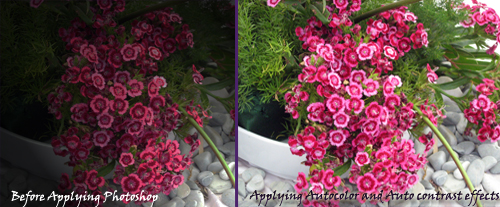Language
Many people have the misconception that using complicated words and difficult language is the key to a good story. While your language shouldn’t be silly and childish, it should be simple enough for your audience to understand. There’s no point in writing, ‘This event made him immensely anxious’, when you can simply write, ‘He was very worried’.
Avoid Clichés
Some stories become favourites because they are cut above the rest. Don’t write stories which have already been told, unless you have a new twist to add. Avoid stereotypes and clichés. For example, a horror story need not necessarily involve a ruined mansion. We all have a tendency to pick a few things from general beliefs. But great stories are the ones which had their own perspective on those things. For example, Monster’s Inc added a whole new perspective to the entire ‘monster in my closet’ belief.
Don’t Clutter
Although beauty lies in details, unnecessary information can make your story ugly. If your story is on an enchanted forest, describe it well with important details. However, there’s no need to write twenty pages describing every leaf, unless each one has a part to play in the story!
I hope these tips help you write your bestseller. Happy Writing!






